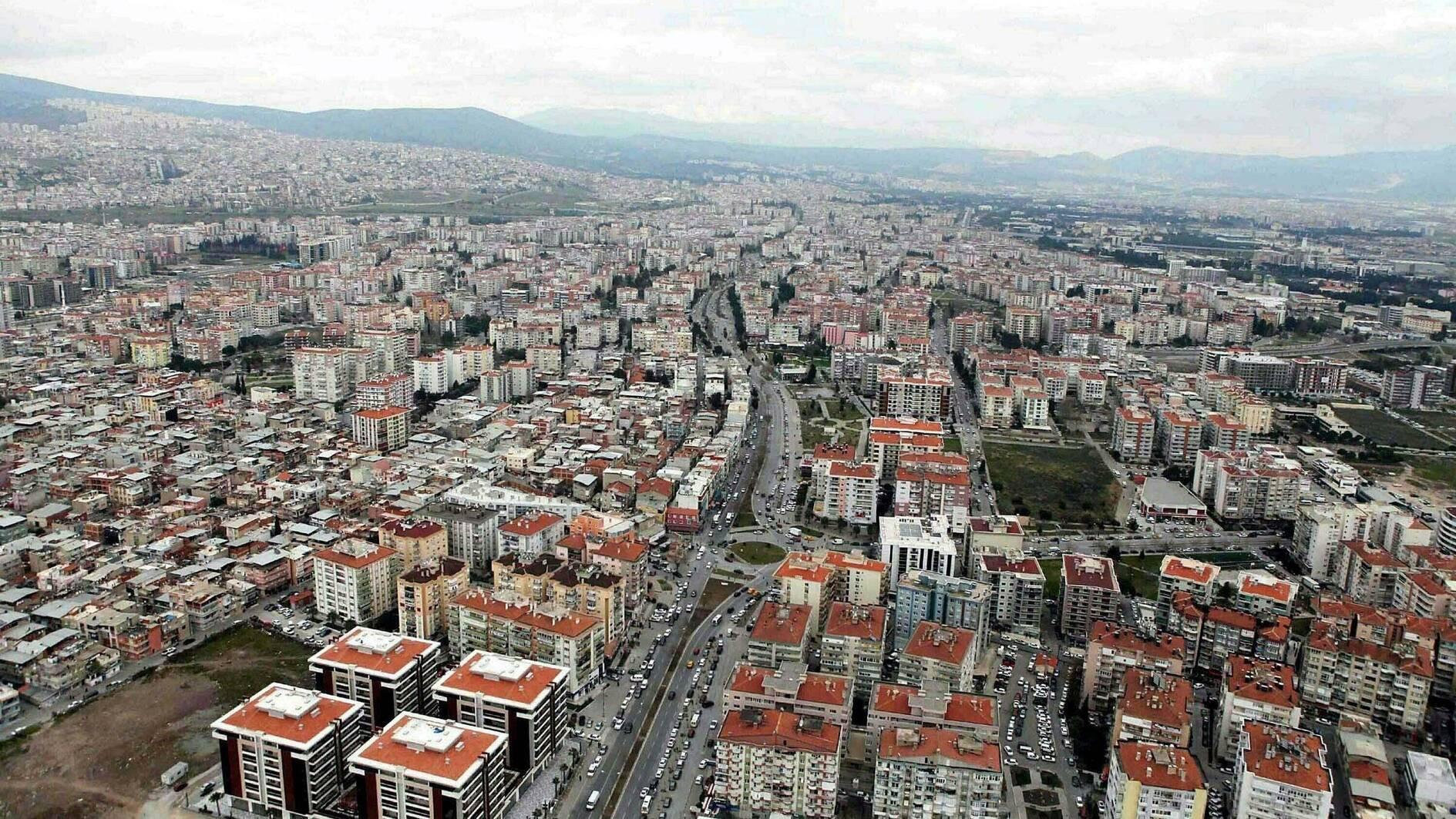
In an effort to make homeownership more accessible to a wider segment of the population, the government has introduced a new model that enables citizens to purchase shares in housing projects through real estate certificates traded on the stock exchange.
The initiative, developed by the Environment, Urbanization and Climate Change Ministry in collaboration with the Housing Development Administration of Türkiye (TOKİ) and Emlak Konut GYO, aims to expand access to homeownership. By allowing small investors to participate in large-scale housing developments without the need for down payments or mortgage loans, the model offers a new pathway to property ownership.
The pilot project, named Damla Kent, will be constructed in Istanbul’s Başakşehir district. It will include 5,325 residential units and 244 commercial spaces, with the first phase offering 1,540 units available for certificate-based investment. Construction is scheduled to begin in October this year and is expected to be completed by February 2029.
Real estate certificates represent fractional ownership in housing units. Investors can purchase these certificates through authorized brokerage firms and trade them on Borsa Istanbul.
Once an investor accumulates enough certificates to match the value of a unit, they can claim full ownership. Alternatively, those who do not reach the required threshold may receive a share of the project’s profits or continue trading the certificates for capital gains.
The certificates will be offered to the public through a book-building process at a price of 7.59 Turkish Liras between Aug. 4 and 8. Starting from Aug. 11, they will be tradable on Borsa Istanbul.
The system also supports collective ownership, allowing multiple individuals to pool their certificates and co-own a property. Participation is open to all investors across Türkiye, regardless of residency.
Officials describe the model as a “drip-by-drip” approach to building wealth and stability through real estate.
It is designed to ease pressure on the rental market and provide a scalable solution to the country’s housing shortage.
The government plans to expand the program to other cities, positioning it as a long-term strategy for inclusive and sustainable urban development.